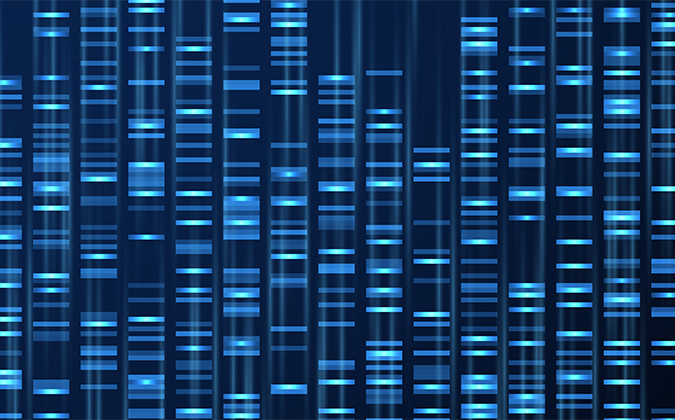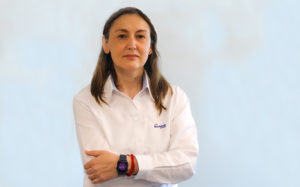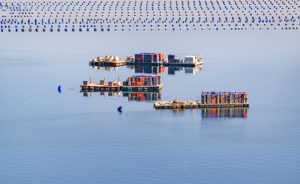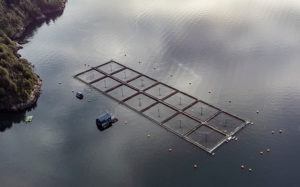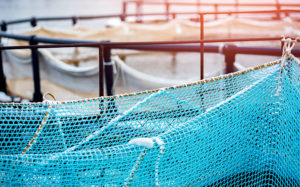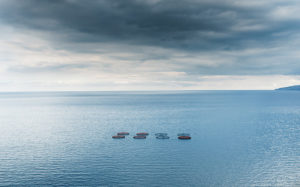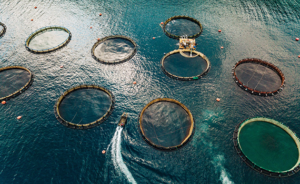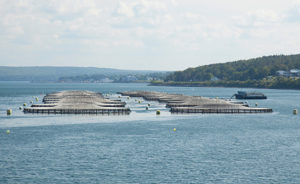SALMONIDS
Vaccines and smart sea lice control helping Chilean salmon giant improve sustainability
Salmon rickettsial septicemia and Caligus sea lice are two of the major concerns affecting salmon production in Chile. Thanks to new approaches in fish-health management, Blumar Seafoods is successfully limiting their impact.
Disease outbreaks in open aquaculture systems highlight benefits of collaboration
Disease is a shared problem for those farming fish in the open sea, say industry experts — and the results of better collaboration are plain to see.
Novel parasiticide part of quest for long-lasting sea lice control in Chile
Currently, almost all Atlantic salmon producers affected by caligidosis have incorporated Alpha Flux as a useful and effective tool in their parasite-control strategy.
How to bring the pen to the tank — without compromising fish disease-research strength
In-tank studies remain the bedrock of research into aquaculture disease, but their design is changing to meet demands to replicate scenarios closer to field conditions, according to Mark Braceland, PhD, director of fish health at the Center for Aquaculture Technologies.
Tracking salmon through production offers new insight into gill disease
Gills coinfected with three or more pathogens is the “norm” in Western Norway’s salmon aquaculture, new field data suggests — but Neoparamoeba perurans is that which appears to be predominantly linked with gill disease.
New system to assess gill disease could help salmon producers
Gill disease in Atlantic salmon is caused by a number of pathogens and has different clinical and pathological signs. This means that to date, there has been no standardized methodology developed for field diagnosis, despite the fact that gill health issues are a growing concern for salmon producers in all the major salmon-producing nations.
Submerged cages with air domes improve sea lice infestation but reduce welfare
Submerging Atlantic salmon sea cages with air domes can greatly reduce sea lice infestation levels, but this appears to come at a high cost.
The road to sea-lice-resistant Atlantic salmon
An interview with Diego Robledo, PhD, scientist in aquaculture genetics and genomics at the Roslin Institute in Edinburgh.
Non-medicinal delousing approaches cause damage to salmon gill tissue
New research shows that thermal and mechanical delousing techniques used in Atlantic salmon aquaculture can cause damage to gill tissue, though the health impacts of this on farmed fish remain unknown.
Managing high-tech vaccination on Canada’s salmon farms
Demand for vaccination is ever-growing in the Canadian salmon industry, and the country’s producers have made a big shift toward mechanized approaches in getting the job done.

